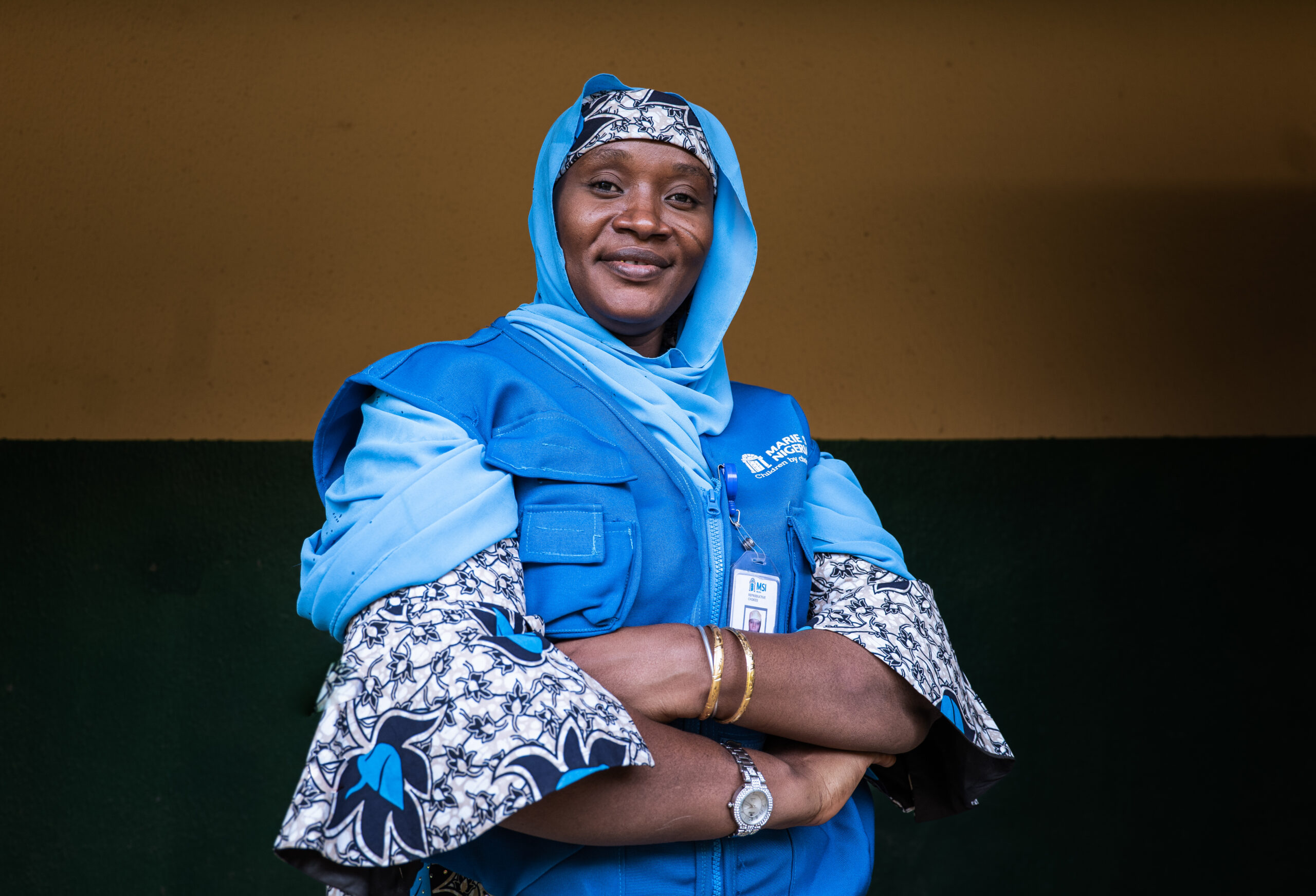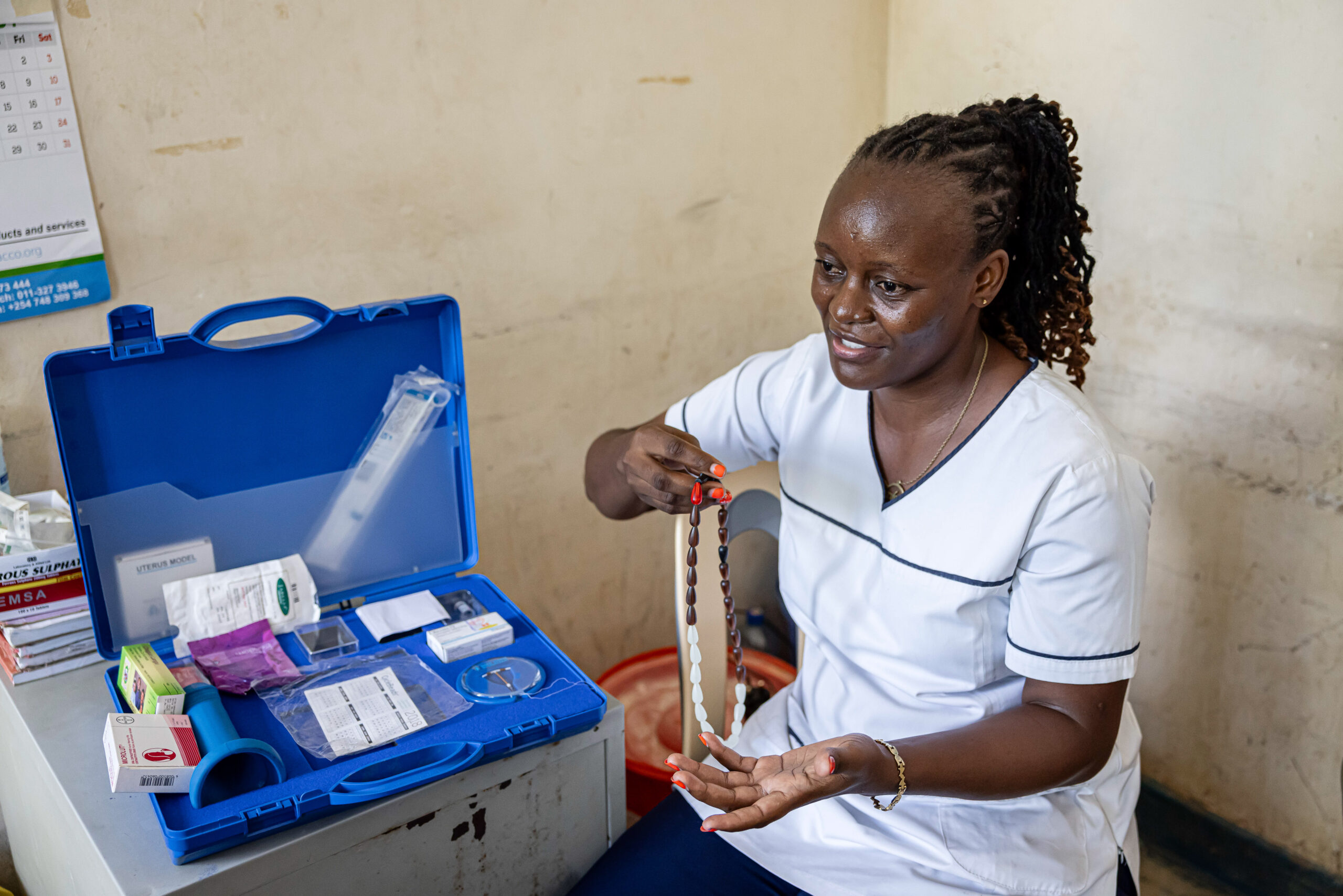Our 2030 vision is bold: no abortion will be unsafe, and everyone who wants access to contraception will have it. To achieve this vision, we need to innovate to improve access and client experience, meeting the changing needs of the those we serve. This will further increase the efficiency of our organisation and strengthen our ability to contribute and fit within the wider sexual and reproductive health (SRH) ecosystem.
Digital technology has a critical role to play, and we believe that it’s more important than ever to outline how this can support our 2030 vision, both for MSI and the wider sector. This strategy outlines how we’ll use digital and technology to support the delivery of our ambitious MSI 2030 strategy.
We are committed to applying a digital approach to meet three powerful aims:
- Commitment 1: Create an engaging and empowering client experience
- Commitment 2: Support and equip our teams to deliver our mission
- Commitment 3: Collaborate and partner for health systems impact
These commitments guide us towards developing opportunities for further partnerships so we can work together as a sector to be more efficient, more impactful and reach more people in our fight for reproductive choice. We’d love for you to be a part of it – get in touch on [email protected].







